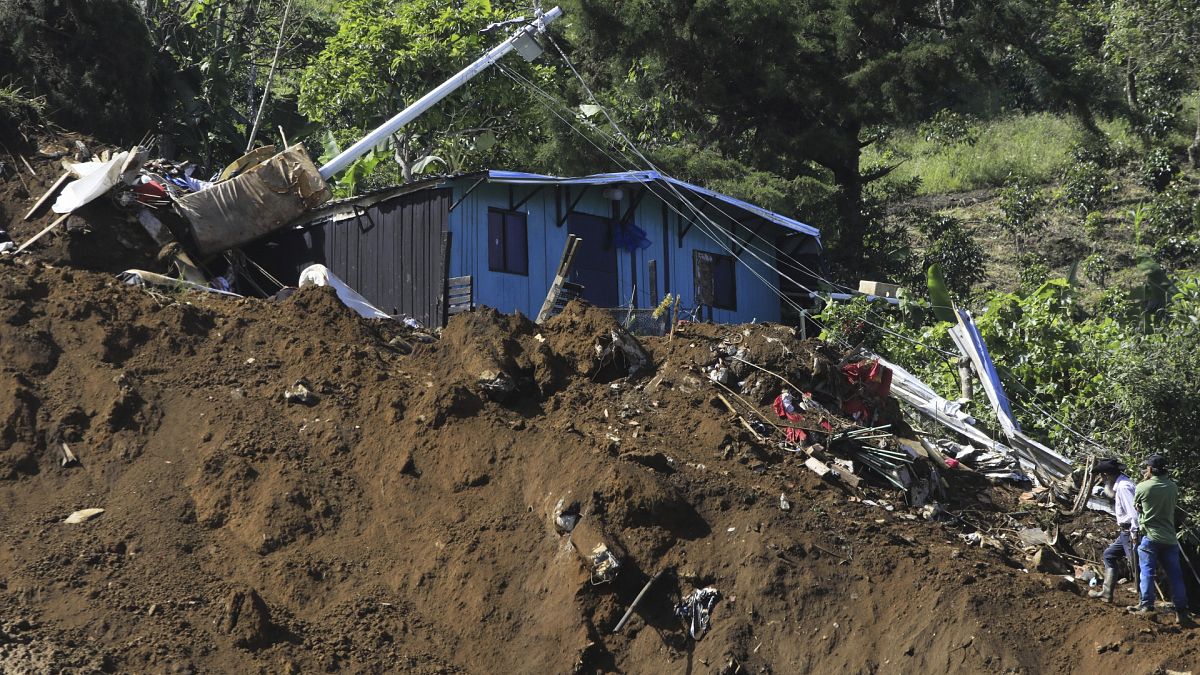

The world is facing a myriad of challenges that require us to work together more than ever before. From understanding climate change impacts to fostering international collaborations and ensuring sustainable energy, each aspect plays a vital role in shaping a peaceful and prosperous future.
In a recent discourse on climate science, experts are emphasizing the essential need for equitable research funding and resources. As deadly rainfall swept across Colombia and Venezuela, sparking devastating floods and landslides, scientists have been highlighting the gap in research efforts that could provide crucial data for prevention and response. While the direct impact of climate change on such events remains difficult to quantify, due to limited regional resources and inconclusive studies, there is a clear call to action for a more balanced distribution of scientific initiatives globally. Increased investment in scientific research across diverse regions could significantly improve capabilities to forecast and mitigate the risks associated, potentially saving numerous lives from future natural calamities.
This awareness coincides with a historic agreement between two significant European powers. In a promising advance for international cooperation, the United Kingdom and Germany have recently announced a new bilateral treaty that targets the pressing issue of smuggling gangs, alongside expanding their defence ties. This agreement marks a strategic development as both nations seek to enhance their cooperation beyond the constraints of previous Brexit-induced uncertainties. By focusing on security and industrial partnerships, the leaders of the UK and Germany are fostering an environment of trust and collaboration, while also addressing broader global stability concerns.
Furthermore, the landscape of renewable energy is encountering its own set of hurdles, with direct implications for jobs and energy prices. In the UK, debate rages over the future of green energy subsidies. The Reform UK party’s stance on potentially removing financial support for wind and solar energy projects has sparked a notable response from within the industry. This has raised concerns over the ensuing negative impact on the national interest. Investors and stakeholders within the UK’s clean energy sector have voiced that the move could threaten thousands of jobs and lead to increased energy costs, urging for politics to be secondary to the necessities of ensuring prosperity and environmental sustainability. With climate change impacts placing heightened importance on renewable energy solutions, sustained investment and support seem crucial to maintaining progress in this area.
As we contemplate these interconnected global dynamics, the overarching theme remains clear—the need for collaboration spans beyond borders and political affiliations. Greater scientific research, international cooperation, and commitment to sustainable practices are vital components in crafting a future that is resilient and sustainable. By engaging in mindful approaches to these challenges, we can strive towards outcomes that not only address the immediate issues but also provide a foundation for future generations to thrive in harmony with the planet. In navigating our shared challenges, let us remain devoted to a path that prioritizes equity, cooperation, and sustainable innovation.
Source: {link}
